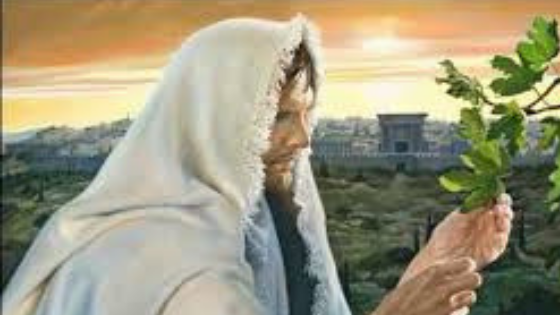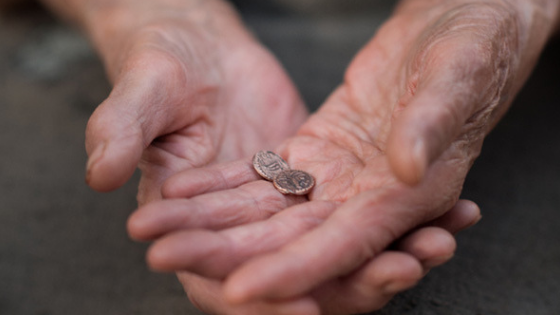
Alternative Commentary
Twenty Third Sunday in Ordinary Time (September 10th, 2017)
Ez 33:7-9, Ps 94:1-2, 6-9, Rom 13:8-10. Mt 18:15-20
At the heart of today’s gospel lies the “difficult art” (Liturgical Calendar for Ireland 2017) of correction in a Christian community.
This “difficult art” is explored within the larger context of chapter 18, where Matthew focuses on issues pertaining to community: care of the “little ones”; dealing with scandal and searching for those who stray. Today’s gospel continues the shepherding theme with three concrete measures offered in dealing with sin in the community. “If your brother sins against you, go and tell him his fault, between you and him alone”. The onus to take the initiative towards reconciliation falls on the one offended. This is when the “difficult art” of neighbourly correction becomes such a challenge. How much easier it would be to unburden to a sympathetic listener or to gossip about it in a group of friends. George T. Montague reminds us that “whether out of cowardice or fear of rejection or passing the responsibility on to someone else, how often this simple and direct method is avoided” (Companion God, 200). If the other listens there is the joy of reunion; “if he listens to you, you have won your brother back”. Winning the other back “connotes coming to an understanding that effects reconciliation”. (The Spiritual Wisdom of the Gospels for Christian Preachers and Teachers; John Shea, 267) This echoes the advice of Lev19:17 “You shall not hate your brother in your heart, but you shall reason with your neighbour, lest you bear sin because of him”.
The possibility of not listening is there also, and in that case one or two others are brought along, “so that every word be confirmed by the mouth of two or three witnesses”.
This step mirrors Deut 19:15 which stresses that “only on the evidence of two witnesses or of three witnesses, shall a charge be sustained”. If this fails and “if he refuses to listen to them, tell it to the church: and if he refuses to listen to the church, let him be to you as a Gentile and a tax collector”. George T. Montague states it in another way, “The one who refuses the authority of the community, an authority behind Christ stands…can only be choosing to relate to the community as an outsider…and the point comes, after due process, when this situation must be openly acknowledged”.
There is another way that needs to be acted on to continue the process of reconciliation: communal intercessory prayer. “Again, I tell you, if two or three agree on earth about anything you ask, it will be done for you by my Father in heaven for where two or three are gathered in my name, I am there among them”. The community are not just gathered around sins but in the name of Jesus and is assured of his presence among them in this given situation. “Prayer is the way we inform skill with Spirit… it may result in the skill becoming an art”. (John Shea, 270- 271)
For Reflection and Discussion: “Reconciliation becomes an art when the potential in the situation is discerned and maximized.” (John Shea, 271) Have you ever participated in any of the procedures suggested in the Gospel? What was the outcome?
Bibliography: George T. Montague, S.M. Companion God: A Cross-Cultural Commentary on the Gospel of Matthew (Paulist Press 1989); John Shea, The Spiritual Wisdom of the Gospels for Christian Preachers and Teachers (Liturgical Press 2004); Patrick Jones, (edited) Liturgical Calendar for Ireland 2017 (Veritas 2016)
This week’s commentary was prepared by
Moya Hegarty, osu, Sligo, N. Ireland. moyaosu@eircom.net
Bat Kol Alumna 2007 and 2015
…………………………………………………
PLEASE NOTE: The weekly Gospel commentaries represent the research and creative thought of their authors, and are meant to stimulate deeper thinking about the meaning of the Sunday Scriptures. While they draw upon the study methods and sources employed by the Bat Kol Institute, the views and conclusions expressed in these commentaries are solely those of their authors, and do not necessarily represent the views of Bat Kol. Questions, comments and feedback are always welcome.
………………………………………………….
~~1983-2017~~
Bat Kol Institute for Jewish Studies, Jerusalem
“Christians Studying the Bible within its Jewish milieu, using Jewish Sources.”
Website: www.batkol.info; gill@batkol.info



